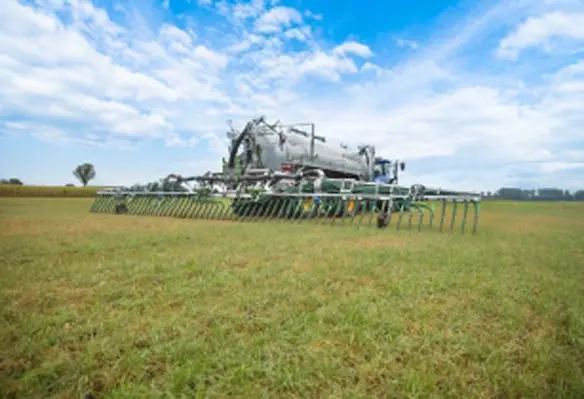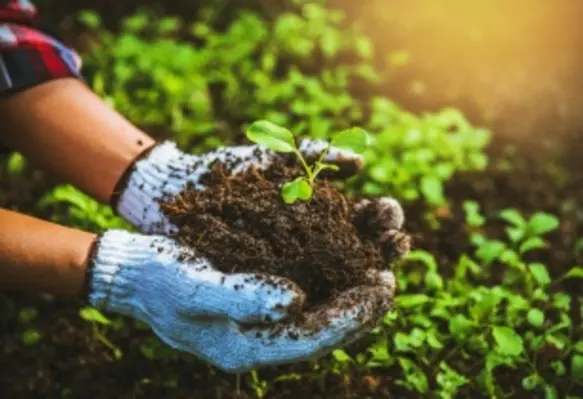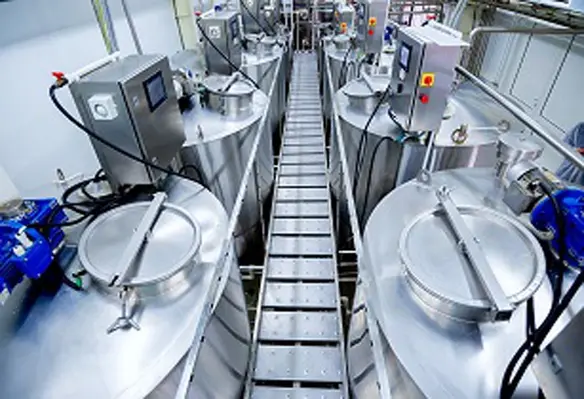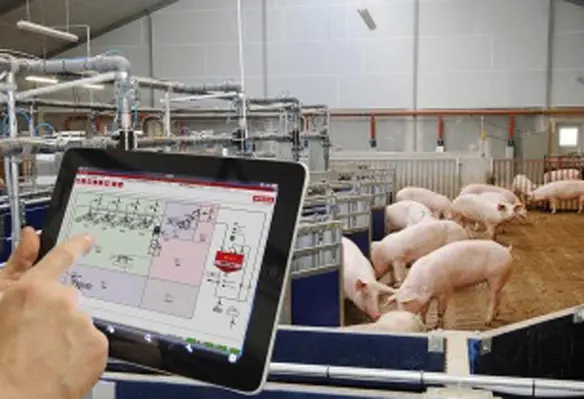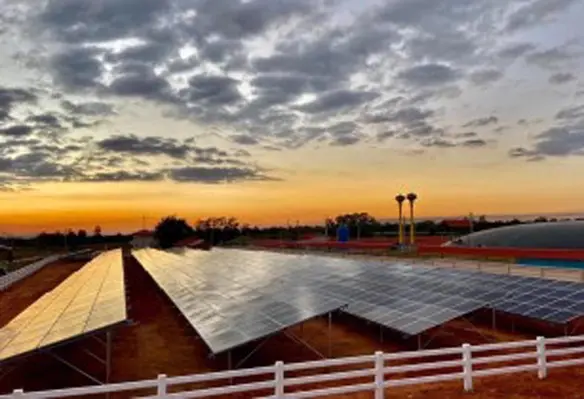
The company is gearing up to reach 100 MW of solar energy in its supply chain by 2025. (Image source: CP Foods)
Charoen Pokphand Foods Public Company Limited (CP Foods) will increase the installation of solar panels at 180 animal farms, feed mills, and processing plants across Thailand, with a total capacity of 65 MW by 2023



